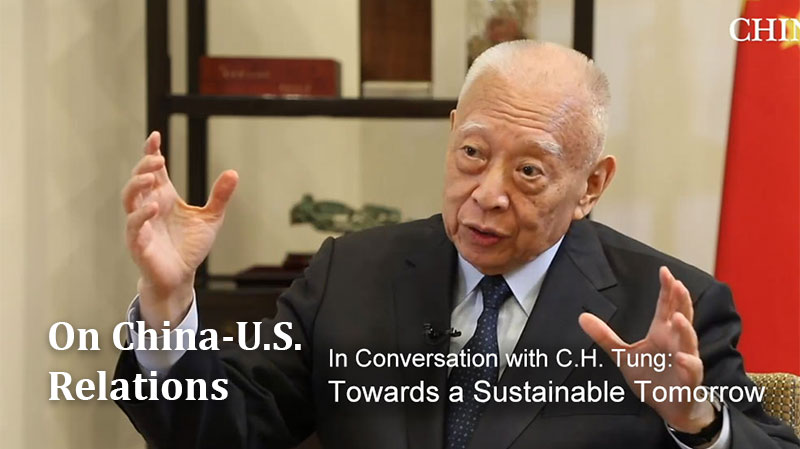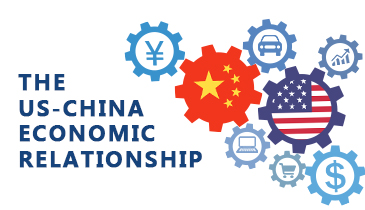Richard Weitz, Senior Fellow, Hudson Institute
Feb 16, 2015
Both the responses the next U.S. Defense Secretary gave to the Senate Armed Services Committee and the latest U.S. National Security Strategy adopt a benign tone regarding China. These documents generally affirm a desire to improve overall relations and continue China-U.S. defense exchanges even while seeking greater Chinese military transparency and the peaceful resolution of China’s maritime claims in the Pacific.
Su Xiaohui, Deputy Director of Int'l & Strategic Studies, CIIS
Feb 12, 2015
The National Security Strategy Reports outlined the U.S. interests in the world, and was more cautious than the 2010 report in addressing sensitive topics for China, stressing that cooperation is beneficial for its national security. The U.S. still views China as a rival, though, and should keep with the global trend of common interest rather than zero-sum.

Zheng Yu, Professor, Chinese Academy of Social Sciences
Feb 06, 2015
Rather than focusing on military containment, Obama made it clear that economic competition is a priority of the U.S. It isn’t entirely negative if China and the U.S. increase economic competition, with economic interdependence dictating increased pressure for economic and technological advancement and cooperation.
Joan Johnson-Freese, Professor, US Naval War College
Feb 06, 2015
The recent announcement by the Pentagon to pause the expansion of mil-to-mil exchanges with China hearkens to the anachronistic Cold War attitudes of creating and dehumanizing an enemy. China and the U.S. will likely have disagreements related to overlapping issues, but the need for cooperation on mutual global issues is necessary to avoid reckless encounters.
Kevin Rudd, Former Prime Minister of Australia
Feb 05, 2015
I have watched carefully the evolution of China's concept of a "New Type of Great Power Relationship." This has been a core element of President Xi Jinping's foreign policy towards the United States. I am a strong supporter of this concept.
Ted Galen Carpenter, Senior Fellow, Randolph Bourne Institute
Jan 30, 2015
America’s long-standing affront with North Korea needs fresh approaches, especially considering its increasingly disruptive international actions. Ted Carpenter proposes that instead of trying to increase unilateral sanctions on Pyongyang, Washington should make a concerted effort to reduce tensions with Kim Jong-un’s regime by creating a united front with China and Russia.
Zhang Zhixin, Chief of American Political Studies, CICIR
Jan 30, 2015
In his 2015 State of the Union, President Obama repeatedly mentioned China, made forceful proposals to improve the economy for the middle-class, and warned against any attempt to repeal his signature legislation and executive actions.
Dan Steinbock, Founder, Difference Group
Jan 29, 2015
President Obama’s sixth State of the Union (SOTU) address was heavy on domestic policy and light on foreign policy. The president did not talk much about recent progress in the US-Chinese relations. Instead, he focused on the urgency to complete the U.S.-led Trans-Pacific Partnership (TPP) agreement – without China. There is a reason to the omission and the focus: the Obama White House is increasingly concerned over its legacy.
Curtis S. Chin, Former U.S. Ambassador to Asian Development Bank
Jan 28, 2015
The recent State of the Union speech by President Obama didn’t underscore the critical importance of strengthened U.S. – Asia cooperation and engagement. Curtis Chin suggests that Obama could have more clearly clarified the Pivot to Asia, security issues in the South China Sea, and that increasingly America’s security and prosperity is linked to China and Asia.

Richard Weitz, Senior Fellow, Hudson Institute
Jan 27, 2015
By not emphasizing security differences with Beijing, President Barack Obama’s State-of-the-Union address made evident his general satisfaction with the success of his China policies.
Foreign Policy

